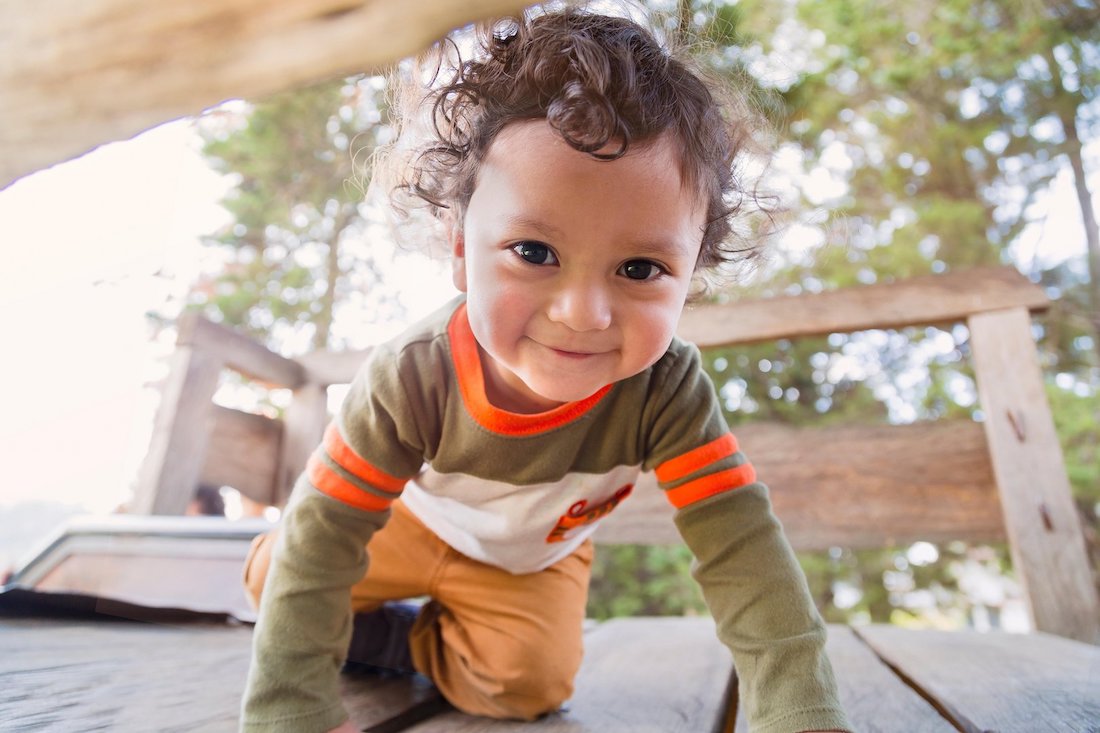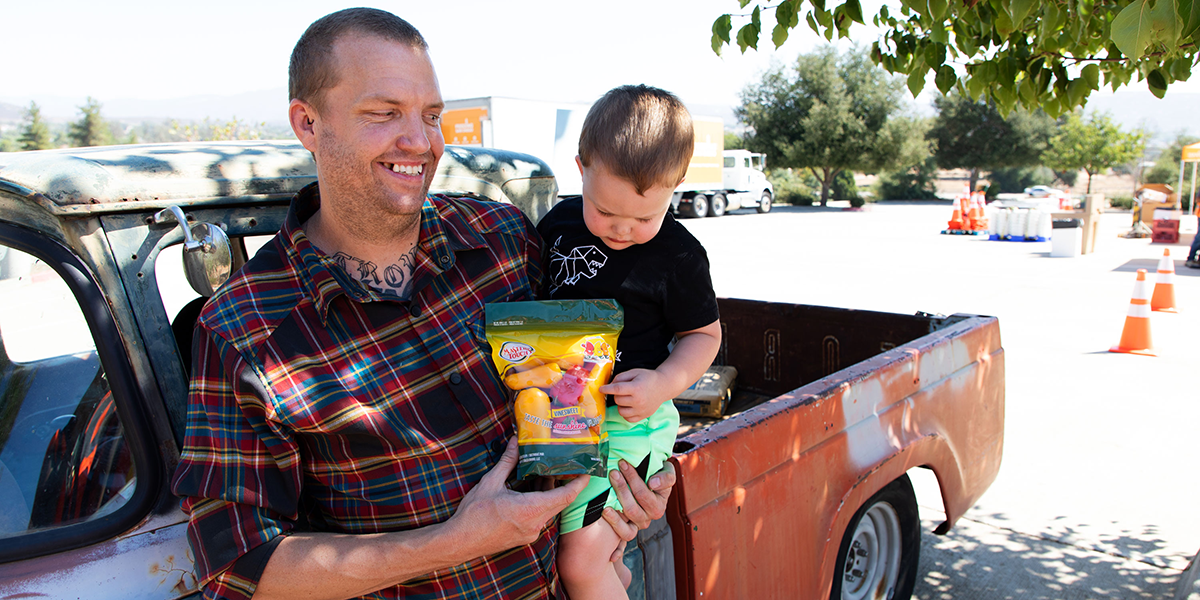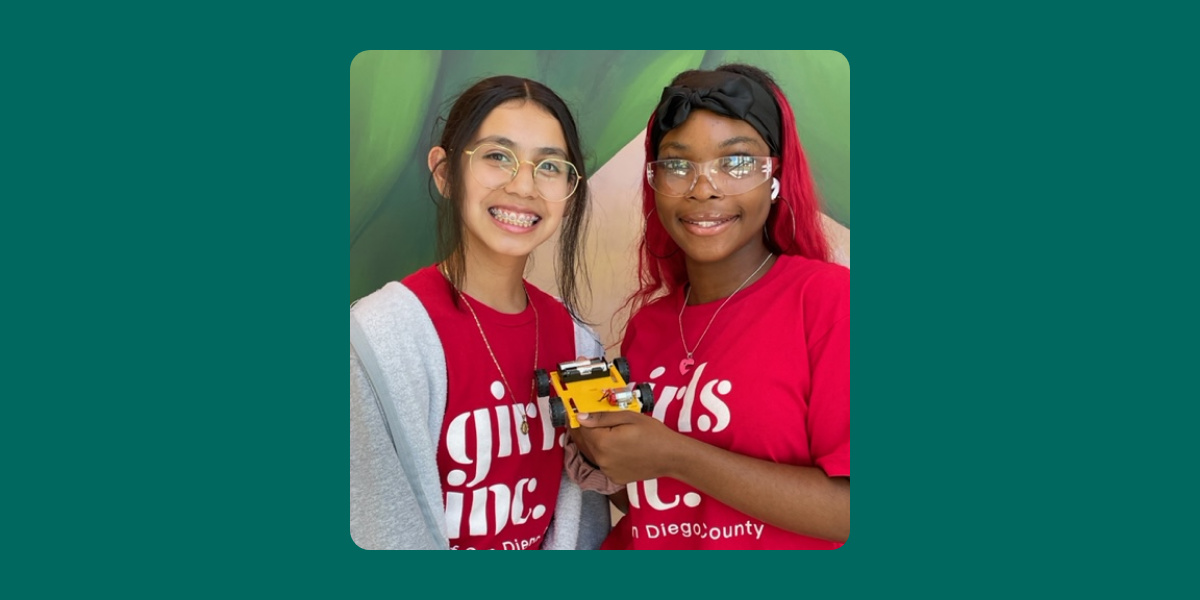Pregnancy and childbirth can be incredibly special and powerful experiences for women. Unfortunately, due to long-standing systemic racism in U.S. health care and social systems, a lack of prenatal and postnatal care results in a higher likelihood of mortality and pregnancy-related health issues for Black women.
The National Birth Equity Collaborative defines birth equity as “the assurance of the conditions of optimal births for all people with a willingness to address racial and social inequities in a sustained effort.”
By addressing birth equity through the lens of understanding how structural racism and health inequities affect maternal and infant health, we can begin to improve outcomes for women of color.
Impact of Birth Inequity
According to Global Communities, a nonprofit that brings together local ingenuity and global insights to save lives, advance equity and secure strong futures worldwide, birth inequity is “rooted in institutional racism and implicit biases, and impacted by the social determinants of health.”
Global Communities notes that “Black women are three to four times more likely to die from a pregnancy-related cause than their white peers.”
Additionally, data collected between 2007 and 2016 by the Centers for Disease Control and Prevention’s Pregnancy Mortality Surveillance System show that the maternal mortality rate for Black women was 40.8 deaths per 100,000 live births. This is more than three times the rate for white women, which was 12.7 deaths per 100,000 live births.
There is a profound difference in the healthcare pregnant mothers receive depending on their race, environment and income. The data is indisputable.
According to the National Birth Equity Collaborative, the U.S. is the only industrialized nation in the world where maternal mortality is rising, noting that the U.S. has nearly the highest maternal mortality rate among high-income countries. Each year, approximately 700 American women die during pregnancy, childbirth or subsequent complications.
Become a San Diego Sustainer
Join our community of recurring donors to support our strategic initiatives, nonprofit partners, transformational change, and a vision for just, equitable and resilient communities.
Working on Solutions
Doctors have discovered that to better care for Black babies, there needs to be better care for mothers. By focusing on the mother’s experience through the pregnancy and birth period, safer, healthier conditions can be created for both the moms and babies.
The California Maternal Quality Care Collaborative (CMQCC) has determined that birth equity can be best achieved through some key actions that any health care organization can adapt to their own practices:
- Prioritize reducing inequities and promote projects that actively support anti-racist practices
- Engage with partners to advance equity work
- Amplify the voices of birthing persons in maternal equity and quality initiatives, especially Black, Indigenous and People of Color (BIPOC) voices
- Develop and provide guidance to hospitals on interpretation and use of race/ethnicity data
- Incorporate supportive, equitable and respectful care in toolkits and quality improvement work
- Integrate equity into collaborative research processes
- Continue internal learning about structural, institutional and interpersonal racism in maternity care and apply these insights to create a more equitable care model for maternal health
Local Initiatives
As part of our Early Childhood Initiative, San Diego Foundation, in partnership with the Dr. Seuss Foundation, recently awarded $1.15 million in grants to support 23 local nonprofit organizations dedicated to providing quality, affordable early childhood education, care and resources for families with young children, ages 0 to 5.
The 2023 Early Childhood Initiative Equitable Opportunities Grants support nonprofit organizations implementing strategic efforts to build the region’s resilience by increasing access to educational opportunities and supportive services for young children and their caretakers and families.
The Early Childhood Initiative builds upon a regional vision supporting immediate impact initiatives and systems-level change in early education and care. Since 2018, the Early Childhood Initiative at SDF has impacted the lives of more than 28,000 young children, ages 0 – 5, by awarding more than $9.2 million to uplift children, families and childcare providers by providing over 135 grants to 50-plus community-based organizations in San Diego County.
Learn more about our Early Childhood Initiative and consider an online donation to help provide all children and their families access to the early care, education and resources they need to flourish, including increasing access to care.















